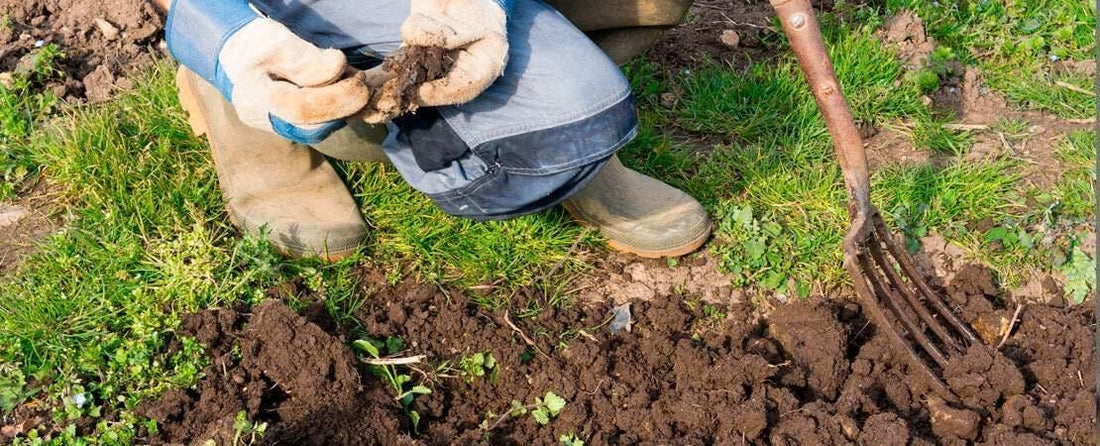
Organic Gardening Tips
Share
Organic Gardening Excludes the Use of All Artificial Chemicals Including Pesticides Used to Control Weeds, Insects, and Diseases
You sowed your certified organic vegetable, flower, herb seeds with the best of intentions. No harmful chemicals, no pesticides, no unnatural deaths in your garden, no guilty conscience. But now there are bugs building apartment complexes on your stems using your leaves as supermarkets, and weeding is competing with your job and sleep for the activity that takes up most of your week.
Overwhelmed? I know you’ve strolled through your local garden center, staring longingly at the beautifully colorful packaging of all those wonderful pesticides and herbicides, aching to commit some weed and bug homicides. So why do so many gardeners “go organic”? How do they ever have the time, let alone the ability, to fend off all of nature’s predators?
The short answer is that they don’t. Nobody does: any farmer will tell you that crop loss is just a part of doing business. You may sow four seeds to get one plant (not if you use Park Seed Company seeds which exceed the industry standard germination rate). But there are many ways to garden smarter to minimize this loss and to keep the “survivors” in your beds and borders healthier and stronger.
Building soil fertility is one of the best ways to grow better plants, and in addition to compost from your own bins, there are many excellent products on the market that use only natural ingredients to stimulate soil fertility. We have a variety of garden soils and amendments that you can find here.
Stronger, tougher, more abundant foliage and stem growth is another great defense. Sea Magic is a tried-and-true foliar drench that gives your plants stronger and more bug-resistant leaves and stems.
Your plants’ neighbors play a huge role in how successfully they grow. Sprinkle or even blanket pest repelling plants like hot peppers, onions, and any strongly scented herbs among your more vulnerable varieties. Establish a permanent guard consisting of garlic, onion, and other perennials grown just for their odor. (Oh, you can sneak away some of the harvest, of course, but always leave enough to form a natural barrier to destructive visitors.)
CHECK OUT THIS GUIDE TO COMPANION PLANTING VEGETALBES
Just as important as driving out bad bugs is bringing in good ones. Attract pollinators and all manner of insect gobblers with wildflower mixes. You may be surprised and delighted by the beauty of the plants that appear, and the benefits are long-lasting.
And, as always, mulch is your friend. Cedar, cypress, and aspen mulches are all excellent at repelling insects. Also, a good thick mulch is a great way to prevent weeds. Don’t hesitate to supplement these natural mulches with non-biodegradable covers that you can remove, such as the time-honored “old shower curtain” and “recycled plastic trash bag” approach to keeping germinating seeds under wraps until the seedlings get a foothold in the garden.
There are also a few all-natural “cheats.” Organic soaps and oils will keep many bugs off your plants. Soybean oil is the main active ingredient in many of these products, and they are certified organic and completely nontoxic. Use liberally on your precious consumables.
Organic gardening is endlessly variable, one of the most creative activities I have ever found. You will definitely not succeed with every strategy, but there is always another approach and new things to try. Have fun trying them out, and if you get a chance, let us know how your garden grows!